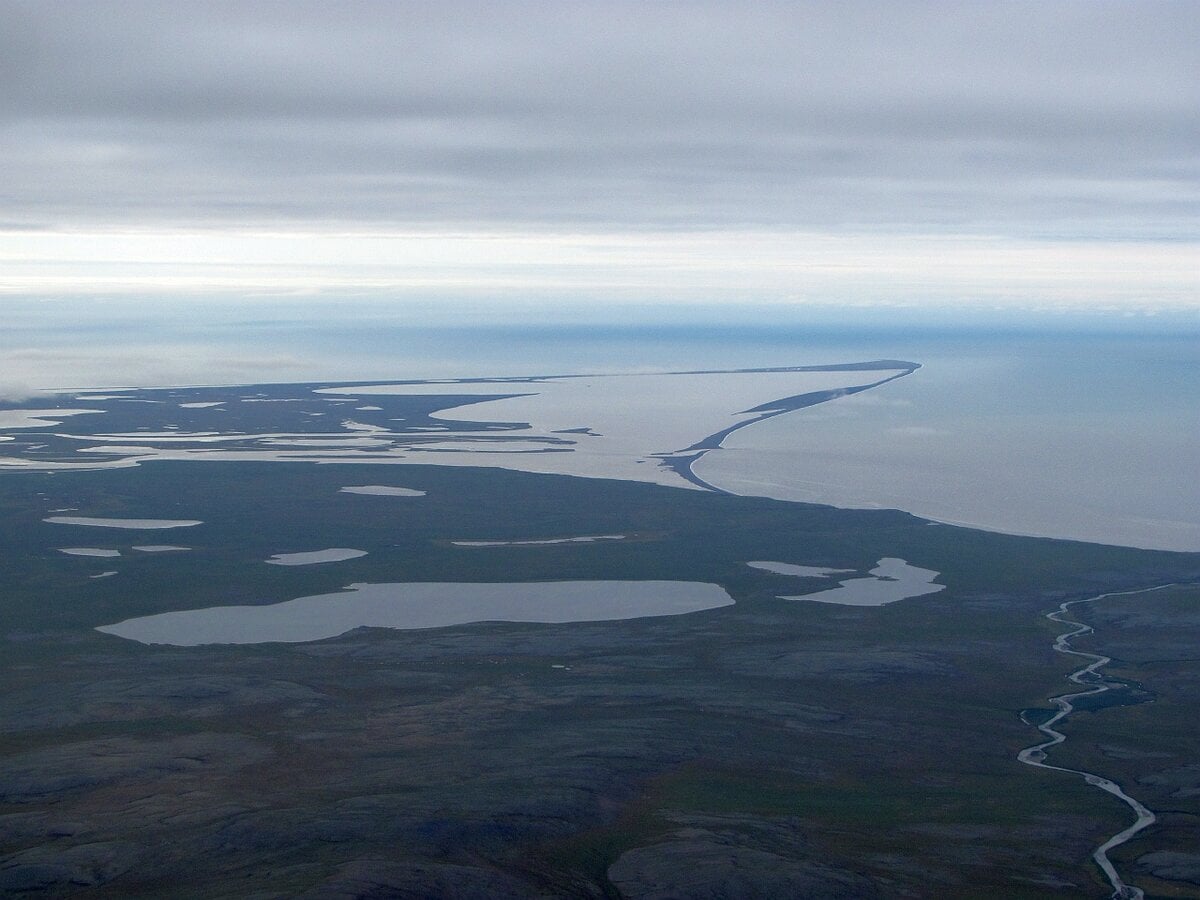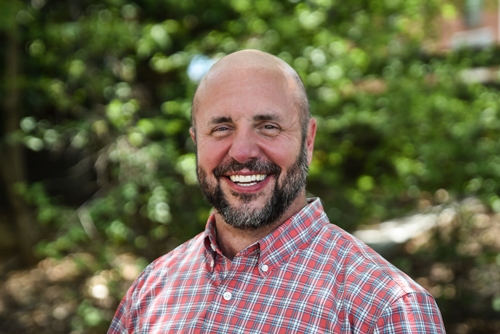Cold regions experience some of the most dynamic hydrodynamic processes on the planet and are undergoing rapid environmental change from rising sea levels, increased storms, and melting permafrost. While there is no universally accepted definition of a cold region or cold climate, it generally includes regions that experience harsh winter storms and ice, scouring currents for at least part of the year. These harsh environments may also limit substrate and vegetation options and are often remote posing additional logistics and travel challenges to working in these regions. The entire coastline of Canada, and parts of the U.S. northeast and Pacific northwest coasts, Great Lakes, and Alaska are situated in cold regions.
The 5-day event featured field visits, a two-day symposium for development of Canada-specific natural infrastructure guidelines and a workshop to engage critical discourse around the feasibility of nature-based adaptation to climate change by defining successful cases, developing frameworks, and mobilizing collective lessons learned.
Dr. Jeff King, Deputy Lead for the EWN Program was the invited keynote speaker for the event. He emphasized cross-border collaboration and knowledge sharing between the countries as a way to accelerate the use of nature-based solutions. He identified six knowledge gaps and barriers: engineering methods and standards, improved benefit/cost analysis, monitoring and evaluation of performance, integration of people and policy, governance specific to NBS, education and training at all levels.
As part of the event, a symposium was held to support chapter development for a Canadian Engineering Guidance document focused on cold regions. This document will build on USACE’s 2021 International NNBF Guidelines by focusing on rocky shores, permafrost, and beaches in cold regions. This was an opportunity for EWN to share lessons learned, from development of the International NNBF Guidelines and subsequent research, with Canada.
Presented in collaboration with the National Research Council and Coastal Zone Canada’s Cold Regions Shorelines Community of Practice, this combined event connected coastal practitioners, coastal engineers, natural and social scientists, professors, students, planners, politicians, and Indigenous groups.



